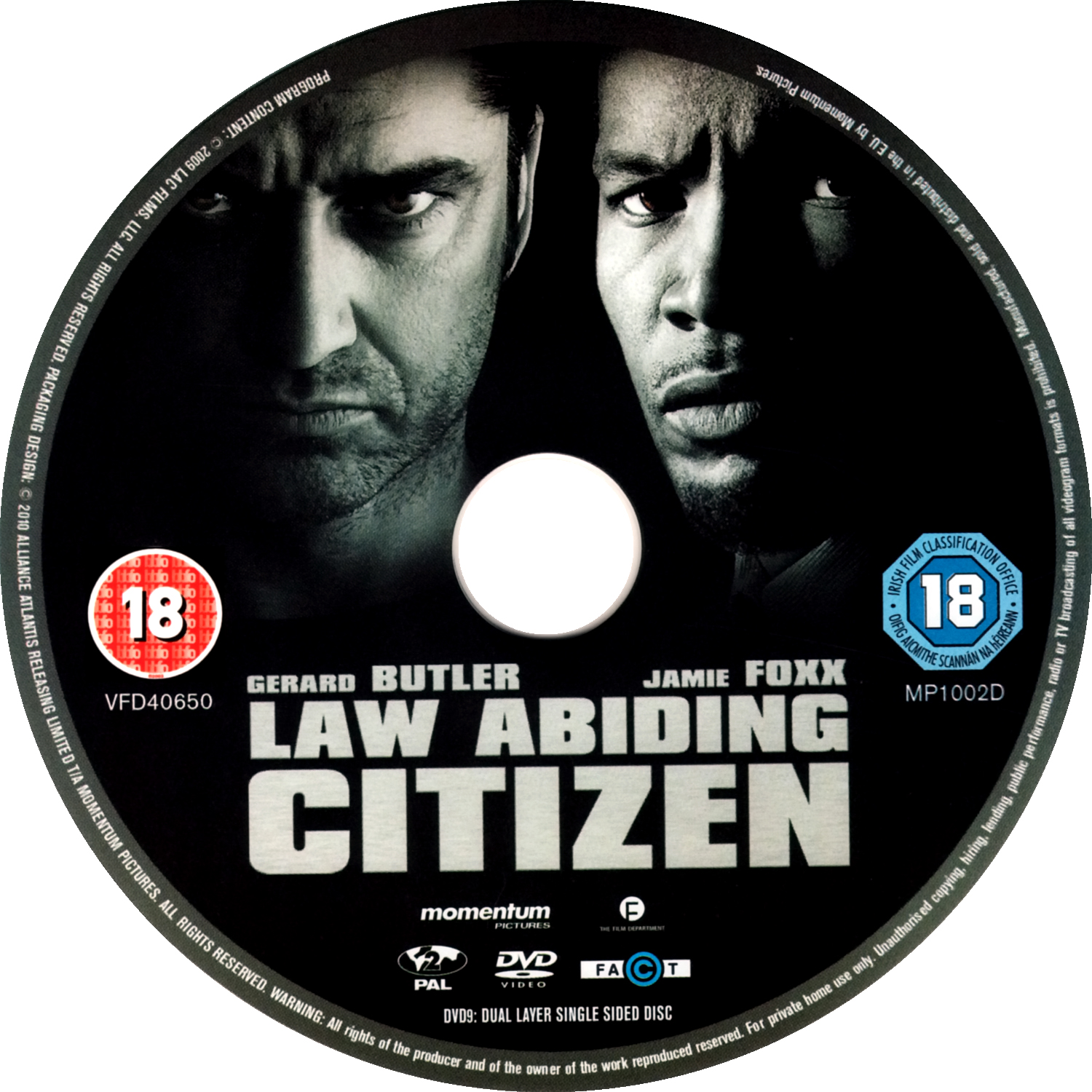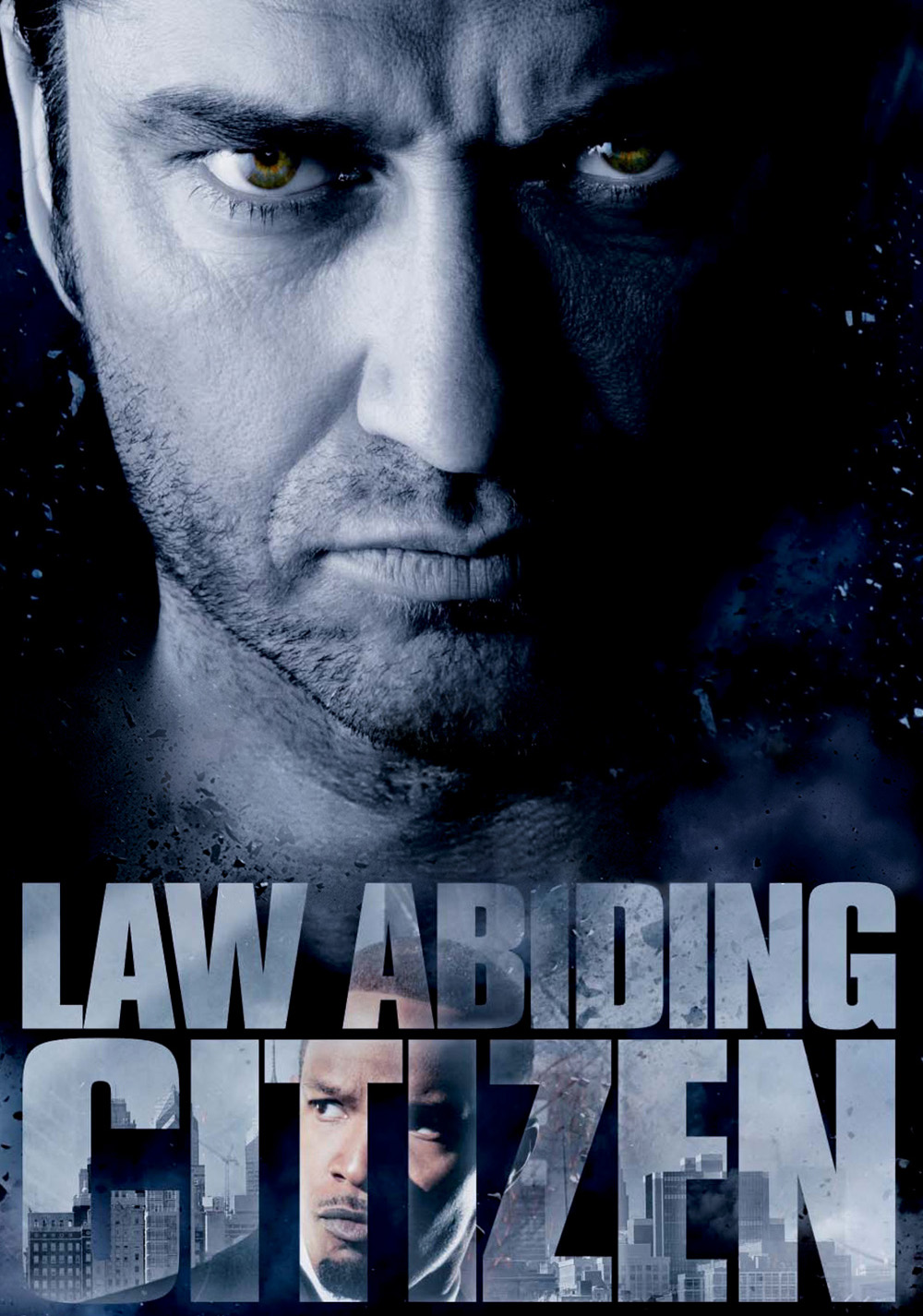Law Abiding Citizen Quotes: Powerful Insights And Lessons
Law Abiding Citizen Quotes has become a popular topic among film enthusiasts and legal scholars alike. Released in 2009, the movie directed by F. Gary Gray explores themes of justice, morality, and the limits of the law. The powerful dialogue and intense performances have left a lasting impact on audiences worldwide.
The film's quotes resonate deeply with viewers, offering a glimpse into the complexities of the justice system and the consequences of seeking personal revenge. These lines are not only memorable but also serve as a reflection of the struggles faced by those who feel abandoned by the legal system.
In this article, we will delve into the most impactful Law Abiding Citizen quotes, exploring their meaning and relevance in today's world. Whether you're a fan of the movie or simply interested in the intersection of justice and morality, this article promises to provide valuable insights.
Read also:Ted Ganderson The Visionary Entrepreneur Who Revolutionized Business Leadership
Table of Contents:
- Biography of Key Characters
- Key Quotes from Law Abiding Citizen
- Exploring the Themes Behind the Quotes
- The Impact of Law Abiding Citizen Quotes
- Relevance in Modern Society
- Detailed Analysis of Select Quotes
- Quotes by Key Characters
- The Law and Morality
- Inspiration for Future Discussions
- Conclusion
Biography of Key Characters
Clayton Carlson
Clayton Carlson is the central antagonist in "Law Abiding Citizen," played by Academy Award winner Jamie Foxx. Below is a summary of his background:
| Name | Clayton Carlson |
|---|---|
| Occupation | Senior Assistant District Attorney |
| Significance | Representative of the justice system's flaws |
| Key Traits | Confident, manipulative, and morally ambiguous |
Nick Tellis
Nick Tellis, portrayed by Gerard Butler, is the protagonist of the film. Below is a brief overview of his character:
| Name | Nick Tellis |
|---|---|
| Occupation | Engineer turned vigilante |
| Significance | Symbolizes the struggle against injustice |
| Key Traits | Intelligent, determined, and vengeful |
Key Quotes from Law Abiding Citizen
The film is filled with powerful dialogue that resonates with audiences. Below are some of the most memorable quotes:
- "There are two kinds of people in this world: those who work the system and those who get worked by it."
- "The law is not justice. It's just a system of rules."
- "I'm not crazy. I'm just angry."
Exploring the Themes Behind the Quotes
The themes in "Law Abiding Citizen" are deeply intertwined with the quotes. Here, we explore how these themes shape the narrative:
Justice vs. Revenge: The film questions whether personal revenge can ever be justified when the legal system fails. This theme is reflected in Nick Tellis' actions and the dialogue surrounding his motivations.
Read also:Annette Otoole 2025 A Comprehensive Look At The Iconic Actresss Career And Life
Power and Corruption: Clayton Carlson's character highlights the potential for corruption within the justice system. His interactions with Tellis emphasize how power can be misused.
The Impact of Law Abiding Citizen Quotes
The impact of these quotes extends beyond the film itself. They have sparked discussions about the fairness of the legal system and the moral dilemmas faced by individuals seeking justice.
A study by the American Bar Association (ABA) found that films like "Law Abiding Citizen" influence public perception of the justice system. The ABA states, "Movies often shape how people view the legal profession and its ability to deliver justice."
Relevance in Modern Society
In today's world, the relevance of these quotes cannot be overstated. With increasing scrutiny on the justice system, the themes explored in the film resonate with contemporary issues.
According to a report by the National Institute of Justice, public trust in the legal system has declined in recent years. This decline underscores the importance of films like "Law Abiding Citizen" in sparking necessary conversations.
Detailed Analysis of Select Quotes
"There are two kinds of people in this world: those who work the system and those who get worked by it."
This quote encapsulates the film's central conflict. It highlights the disparity between those who manipulate the system for personal gain and those who are victims of its flaws.
The phrase also serves as a critique of societal structures, suggesting that the system often favors those with power and resources. This analysis is supported by research from sociologists who study systemic inequalities.
Quotes by Key Characters
Clayton Carlson
- "You can't have order without law."
- "This is not about justice. It's about power."
Nick Tellis
- "I'm not crazy. I'm just angry."
- "The system failed me, so I had to take matters into my own hands."
The Law and Morality
The intersection of law and morality is a recurring theme in "Law Abiding Citizen." The film challenges viewers to consider whether adherence to the law always equates to moral righteousness.
Legal scholars have debated this issue for centuries. In his book "The Morality of Law," Lon L. Fuller argues that law and morality are inherently connected. The film's quotes reflect this tension, inviting audiences to question the boundaries between the two.
Inspiration for Future Discussions
The quotes from "Law Abiding Citizen" provide a foundation for future discussions on justice, morality, and the legal system. They encourage viewers to think critically about the world around them and the systems that govern it.
As society continues to evolve, these discussions become increasingly important. The film's lasting impact is a testament to its ability to provoke thought and inspire change.
Conclusion
In conclusion, the quotes from "Law Abiding Citizen" offer profound insights into the complexities of justice and morality. They challenge viewers to question the fairness of the legal system and the limits of personal revenge.
We encourage readers to engage with these ideas by sharing their thoughts in the comments section. Additionally, feel free to explore other articles on our website that delve into similar topics. Together, we can foster meaningful discussions that contribute to a better understanding of the world around us.

